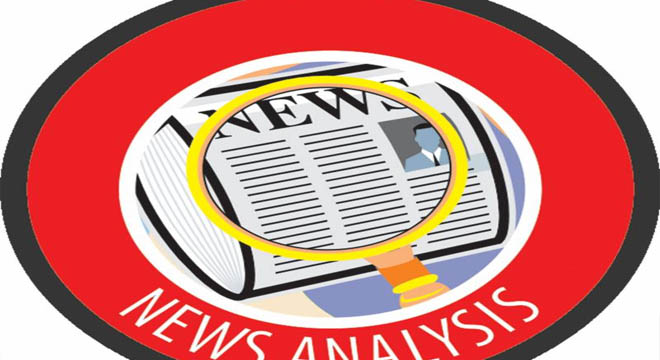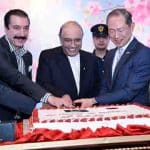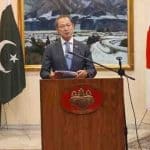ISLAMABAD – The media was surprisingly receiving a one straight response from the 11-party opposition alliance on every tricky question that all decisions would be taken at the platform of Pakistan Democratic Movement (PDM).
The fissures appear in the joint opposition factions after the PPPP’s Co-Chairman Asif Ali Zardari’s difference of opinion over en-masse resignations [a deliberate anti-government move] from the parliament.
The solo flight of PPPP in the rank of PDM, after the break of a couple of months, has created a space for ruling clique to individually invite the opposition parties for a dialogue. The PTI’s government, soon after observing cracks in opposition, separately sought the opinion of the opposition to evolve a consensus over electoral reforms.
The request for a dialogue has seemingly attracted only the Pakistan People’s Party (PPP) as the rest of the opposition parties have still not come up with a positive response. A seasoned politician from PPPP Raja Pervaiz Ashraf stepped forward over the dialogue offer [from Speaker NA] by giving a positive gesture.
Unlike the strict and indifference approach by the rest of the opposition under the umbrella of PDM, the telephonic contact of former prime minister Raja Pervaiz Ashraf with Speaker National Assembly is being considered a rational approach to resolve the impasse over electoral reform. The political pundits view that this opposition party might not become part of the boycott by the rest of opposition parties [PDM].
PPPP’s senior member Raja Pervaiz Ashraf, exclusively talking with this paper, supported the manners to resolve issues with democratic norms. “We [political parties] need not impatiently mess up important national matters,” he said, and mentioned his personal opinion that it would be unfair not to listen to the point of view of the government on electoral reforms. Nonetheless, he strongly castigated the incumbent government’s approach to handle the national and international matters.
On the other hand, the statements of PML-N’s senior lawmakers of the parties clearly reflect their unwillingness to sit with the government on any matter. “We [PDM] would deliberate it on PDM’s forum but sitting with the government is useless on any matter,” said Mian Javed Latif, talking to this scribe. “It would be quite unrealistic to de-board a train filled with democratic lovers at this juncture,” PML-N’s senior MNA carefully remarked.
Former Prime Minister Shahid Khaqan Abbasi, in a media talk, was even not shy to blame both the Prime Minister and Speaker National Assembly for creating a mess. Abbasi had given an impression that his party might not support sitting with the government on any issue.
JUI-F’s chief Maulana Fazlur Rahman, despite having a very small presence in the lower house of parliament, has also not brought any change in his tone and tenor about the incumbent government. The religio-political party chief even after the unexpected stance of the third largest opposition party in the National Assembly [PPP-P] over the matter of en-bloc resignations from parliament is still optimistic to give a blow to the present government with the platform of PDM.
Prime Minister Imran Khan, in a smart political move amid rising political temperature, had written a letter to the Speaker National Assembly to take steps for electoral reforms. Khan mentioned that the votes were bought in the Senate polls and it became clear that the curse of vote-buying is an obstacle in the way of holding clean and transparent elections.
In an immediate response to the letter of Prime Minister Imran Khan about electoral reforms, the speaker of the national assembly sped up efforts to ensure electoral reforms in the country. The TV screens also highlighted the parleys of National Assembly Speaker with the government ministers to deliberate on legislation for electoral reforms. Speaker National Assembly Asad Qaiser, despite the annoyance of opposition, had written a letter to all parliamentary leaders requesting them to jointly contemplate electoral reforms. Political observers believe the opposition has still not given any unanimous stance over the formation of electoral reforms committee but this political move would definitely further expose the romance of opposition in near future.
Follow the PNI Facebook page for the latest news and updates.









